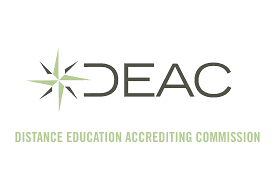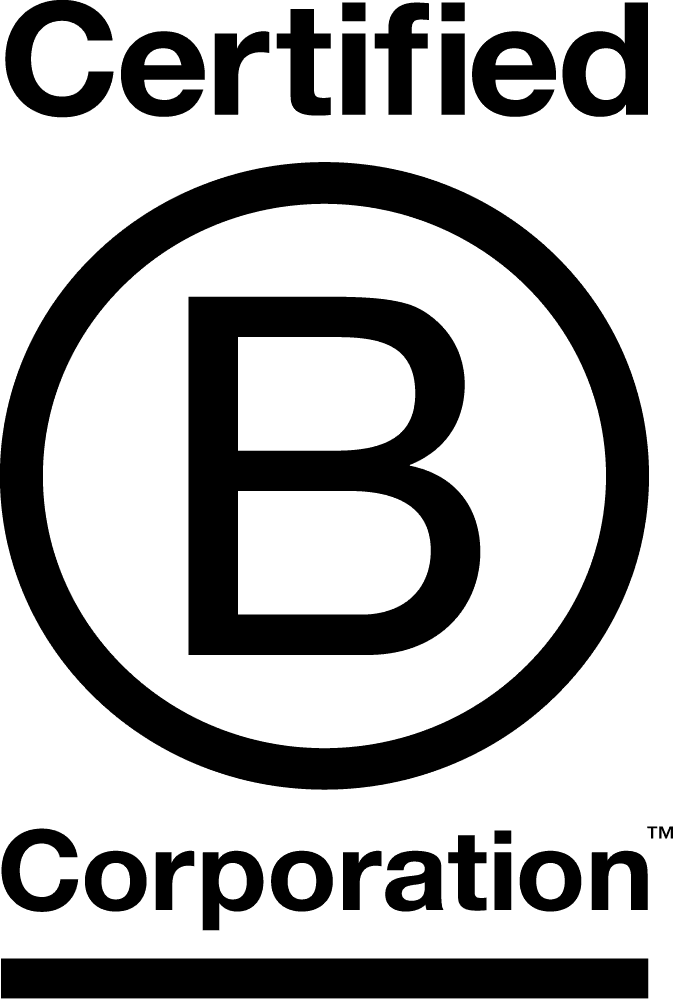Academic Honesty (Honor Code)
Academic Honesty (Honor Code)
ACHS believes that meaningful learning happens when there is honesty and a commitment to academic integrity. Therefore, all students and faculty of ACHS must abide by the ACHS Academic Honesty Policy. Failure to do so is grounds for disciplinary action, up to and including dismissal from the College.
ACHS expects all ACHS students to be completely honest. Each student must complete their own assignments and examinations. Evaluation is based on the merit of original coursework.
To uphold Academic Honesty, students will:
- Complete their own work, including all writing submissions, discussions, tests, and exams.
- Honor all closed-book exams and not refer to outside materials.
- Never share assessment questions before or after taking a test or exam, copy the test/exam questions, or store test/exam questions on their computer.
- Not submit the same assessment (e.g., research paper, literature review, case study, practical, discussion, etc.) for two or more courses without prior approval from their current professor(s). If approved, there must not be more than a 30% similarity between the new and original assessment.
What is Plagiarism?
Plagiarism may be intentional (deliberately representing words, ideas, or data of another person as one’s own without properly attributing through quotation, reference, or footnote) or inadvertent (inappropriate, but non-deliberate use of another’s words, ideas, or data without proper attribution).
Examples include:
- Verbatim copying of an original source without acknowledgment of that source (for example, copying and pasting an online course lecture into a blog or personal website—a small amount can be quoted for educational purposes, but the general rule is not more than 10%)
- Paraphrasing ideas from another without acknowledgment
- Borrowing words, ideas, or data from an original source and blending this original material without acknowledging the source, which gives the false impression that this is original research and ideas
- Partial or incomplete attribution of words, ideas, or data from an original source
- Copying and pasting AI-generated content without including appropriate citation
- Using paper-generating websites to generate or alter unoriginal content to avoid plagiarism detection
Students must author any work submitted at ACHS. Submitting AI-generated content as original work is prohibited and will be regarded as a breach in the academic honesty policy. Students are still held responsible if plagiarism is inadvertent. Whether they choose to summarize, paraphrase, or quote an author, ACHS requires students to form their own ideas and use their own words. If they are unsure whether or not they are properly attributing, students should consult with their professor(s) and refer to the resources in the online classroom and/or in the ACHS Student Center for guidance.
What is Cheating?
Cheating includes, but is not limited to:
- Using prohibited materials during a closed-book exam
- Collaborating on an examination or assignment without authorization
- Taking an examination or completing an assignment for another student, or permitting someone else to take an examination or to complete an assignment on your behalf
- Inappropriately providing or receiving information or academic work so as to gain unfair advantage over others (such as selling or buying a copy of exam questions before an exam)
- Conspiring to commit any act of academic dishonesty
- Attempting to gain an unfair academic advantage by bribery
- Changing or altering grades or other official educational records
- Continuing work on an examination after the allocated time has ended
Procedures for Handling Incidents of Academic Dishonesty: Consequences
If a professor at ACHS suspects that students have breached the Academic Honesty Policy, they are responsible for investigating the situation and taking appropriate action. If academic dishonesty is suspected, the professor will first discuss the incident directly with the student to determine if the act was intentional.
If the professor believes the breach was unintentional, the first step is for the student to resubmit their work by an agreed upon deadline. Note that late assignment penalties may apply if the plagiarism or dishonesty is found after the assessment due date.
If the professor believes that the breach was intentional, they may give a failing grade for that assessment. Depending on the gravity of the plagiarism or cheating, or the assessment in question (e.g., a final exam), this may result in failing the course.
Generally, students who have cheated on a final exam will not be permitted to retake the exam and will instead be required to retake the course in its entirety if they are permitted to continue with the institution.
Reporting Dishonesty
Any student can anonymously report dishonesty to Student Services at [email protected] or call 800.487.8839 for investigation.
Questions?
More information on the ACHS Academic Honesty Policy is available in the ACHS Program Catalog. For questions or concerns, contact the Chief Academic Officer.
Industry Leaders
ACHS Partnerships & Affiliations




